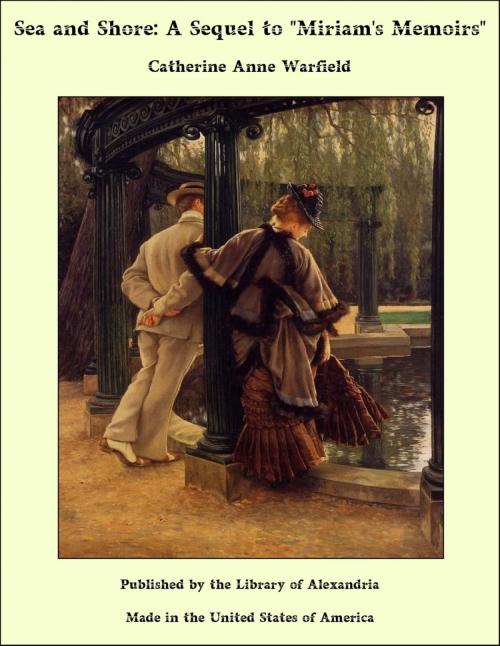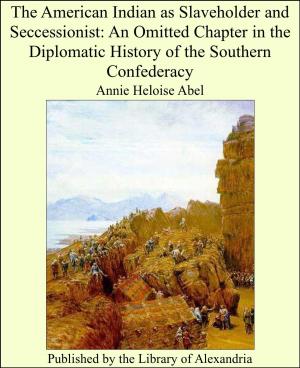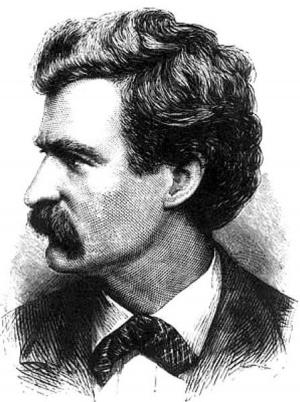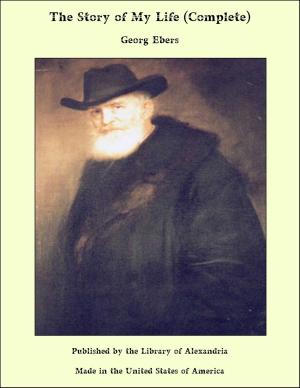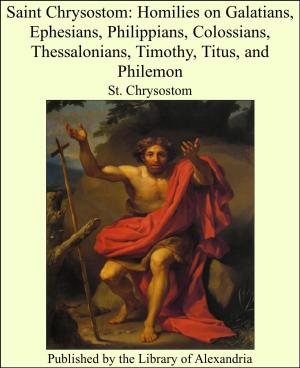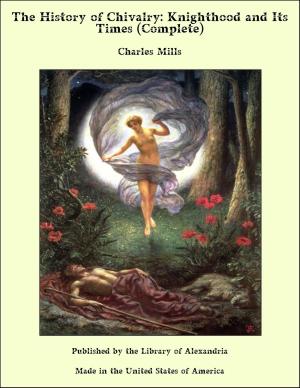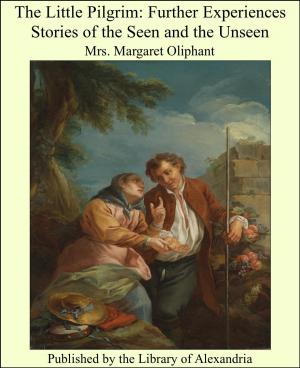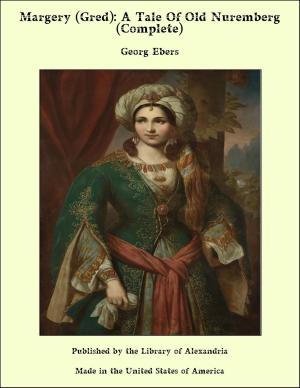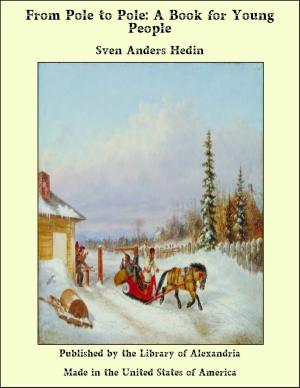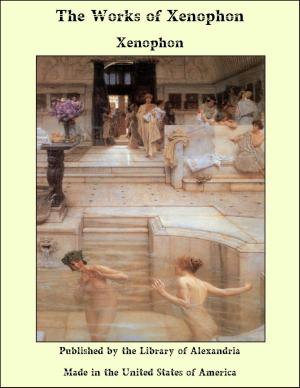Sea and Shore: A Sequel to "Miriam's Memoirs"
Nonfiction, Religion & Spirituality, New Age, History, Fiction & Literature| Author: | Catherine Anne Warfield | ISBN: | 9781465619860 |
| Publisher: | Library of Alexandria | Publication: | March 8, 2015 |
| Imprint: | Language: | English |
| Author: | Catherine Anne Warfield |
| ISBN: | 9781465619860 |
| Publisher: | Library of Alexandria |
| Publication: | March 8, 2015 |
| Imprint: | |
| Language: | English |
It was a calm and hazy morning of Southern summer that on which I turned my face seaward from the "keep" of Beauseincourt, never, I knew, to see its time-stained walls again, save through the mirage of memory. There is an awe almost as solemn to me in a consciousness like this as that which attends the death-bed parting, and my straining eye takes in its last look of a familiar scene as it might do the ever-to-be-averted face of friendship. The refrain of Poe's even then celebrated poem was ringing through my brain on that sultry August day, I remember, like a tolling bell, as I looked my last on the gloomy abode of the La Vignes; but I only said aloud, in answer to the sympathizing glances of one who sat before me—the gentle and quiet Marion—who had suddenly determined to accompany me to Savannah, nerved with unwonted impulse: "Madame de Staël was right when she said that 'nevermore' was the saddest and most expressive word in the English tongue" (so harsh to her ears, usually). "I think she called it the sweetest, too, in sound; but to me it is simply the most sorrowful, a knell of doom, and it fills my soul to-day to overflowing, for 'never, never more' shall I look on Beauseincourt!" "You cannot tell, Miss Harz, what time may do; you may still return to visit us in our retirement, you and Captain Wentworth," urged Marion, gently, leaning forward, as she spoke, to take my hand in hers. "'Time the tomb-builder'" fell from my lips ere they were aware. "That is a grand thought—one that I saw lately in a Western poem, the New-Year's address of a young editor of Kentucky called Prentice. Is it not splendid, Marion?" "Very awful, rather," she responded, with a faint shudder. "Time the 'comforter,' let us say, instead, Miss Miriam—Time the 'veil-spreader.'" "Why, Marion, you are quite poetic to-day, quite Greek! That is a sweet and tender saying of yours, and I shall garner it. I stand reproved, my child. All honor to Time, the merciful, whether he builds palaces or tombs! but none the less do I reverence my young poet for that stupendous utterance of his soul. I shall watch the flight of that eaglet of the West with interest from this hour! May he aspire!" "Not if he is a Jackson Democrat?" broke in the usually gentle Alice Durand, fired with a ready defiance of all heterodox policy, common, if not peculiar, to that region.
It was a calm and hazy morning of Southern summer that on which I turned my face seaward from the "keep" of Beauseincourt, never, I knew, to see its time-stained walls again, save through the mirage of memory. There is an awe almost as solemn to me in a consciousness like this as that which attends the death-bed parting, and my straining eye takes in its last look of a familiar scene as it might do the ever-to-be-averted face of friendship. The refrain of Poe's even then celebrated poem was ringing through my brain on that sultry August day, I remember, like a tolling bell, as I looked my last on the gloomy abode of the La Vignes; but I only said aloud, in answer to the sympathizing glances of one who sat before me—the gentle and quiet Marion—who had suddenly determined to accompany me to Savannah, nerved with unwonted impulse: "Madame de Staël was right when she said that 'nevermore' was the saddest and most expressive word in the English tongue" (so harsh to her ears, usually). "I think she called it the sweetest, too, in sound; but to me it is simply the most sorrowful, a knell of doom, and it fills my soul to-day to overflowing, for 'never, never more' shall I look on Beauseincourt!" "You cannot tell, Miss Harz, what time may do; you may still return to visit us in our retirement, you and Captain Wentworth," urged Marion, gently, leaning forward, as she spoke, to take my hand in hers. "'Time the tomb-builder'" fell from my lips ere they were aware. "That is a grand thought—one that I saw lately in a Western poem, the New-Year's address of a young editor of Kentucky called Prentice. Is it not splendid, Marion?" "Very awful, rather," she responded, with a faint shudder. "Time the 'comforter,' let us say, instead, Miss Miriam—Time the 'veil-spreader.'" "Why, Marion, you are quite poetic to-day, quite Greek! That is a sweet and tender saying of yours, and I shall garner it. I stand reproved, my child. All honor to Time, the merciful, whether he builds palaces or tombs! but none the less do I reverence my young poet for that stupendous utterance of his soul. I shall watch the flight of that eaglet of the West with interest from this hour! May he aspire!" "Not if he is a Jackson Democrat?" broke in the usually gentle Alice Durand, fired with a ready defiance of all heterodox policy, common, if not peculiar, to that region.
